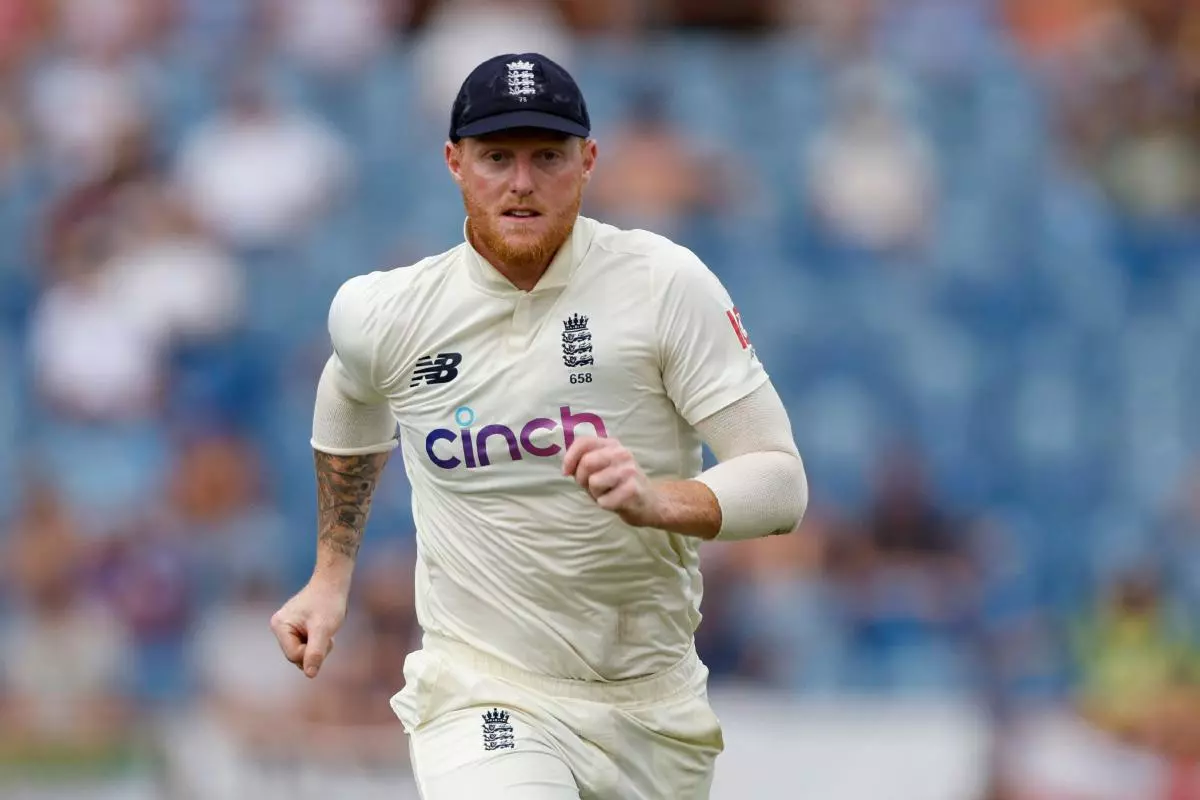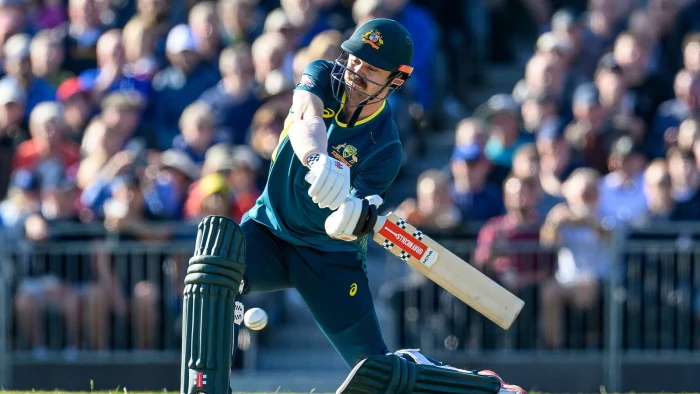Do all-rounders make good Test captains?

Ben Stokes
Ben Stokes has been confirmed as Joe Root's successor, but do all-rounders make good Test captains?
Talismanic all-rounder Ben Stokes has been handed the role of England Test captain replacing Joe Root who stepped down from his leadership role two weeks ago.
But is he the right man? Is an all-rounder too much pressure and work for a skipper? Stokes has spent time out of the game, is injury-prone and needed with both bat and ball. He is someone that a failing team are heavily reliant upon to score runs and be the difference.
When choosing a captain, it is usually batsmen such as Root or Andrew Strauss because of the supposed longevity of their careers, the susceptibility of bowlers especially fast bowlers to injury and the fact that bowlers must bowl as well as captain.
Now Stokes has got the nod, he joins a surprisingly short-list of all-rounders to lead out a Test team. But it's not a particularly successful path to tread as Planet Sport finds out.
Ray Illingworth (1969 to 1973)
The late Ray Illingworth captained from 1969 to 1973, and it's argued his time as leader was where he proved his worth to the team.
Former England captain Ray Illingworth has passed away at the age of 89.
— Wisden (@WisdenCricket) December 25, 2021
Illingworth played in 61 Tests for England from 1958 to 1973, taking 122 wickets and hitting two centuries. pic.twitter.com/DvvCU6KkW7
He succeeded Colin Cowdrey and captained England 31 times, winning 12, drawing 14 and losing five.
His period of captaincy was a successful one for English cricket. One of his notable victories came against the West Indies in 1969 when he led a series victory against a team featuring Garry Sobers and Clive Lloyd.
In the second Test at Lord's in England's first innings, he scored 113 and claimed 3-66 in the West Indies second innings. However, his most famous triumph came Down Under against Australia in the 1970/71 Ashes with England winning 2-0, a rare feat that deserves great recognition.
Captain verdict: Hit
Sir Ian Botham
Another name that took on the precarious role was Ian Botham - another great all-rounder of English cricket and one that went into the media. 'Beefy' captained the Test team in 12 matches between 1980 and 1981 but failed to win one.
He drew four and lost eight, a poor record that is a contradiction to his otherwise impressive stats and contributions to English cricket, especially the Test team. These numbers however reflect the short time he was captain and the fact that he resigned the role at the start of the 1981 Ashes series after a loss and a draw in the first two matches without necessarily knowing what was going to occur next.
Sir Ian Botham takes us back to 1981 and the most iconic series of them all in the latest issue of @WisdenCricket Monthly.
— Wisden (@WisdenCricket) August 13, 2021
? ➡️ https://t.co/KzoBCfIGNR
? ➡️ https://t.co/f2YzasrCTN pic.twitter.com/xUxr4Pf0LI
The 1981 Ashes became known as 'Botham's Ashes' because of his miraculous performance at Headingley.
An unbeaten 149 to turn the game on its head was legendary and one of the most famous Test matches in history, ensuring his indifferent reign as captain is often brushed aside, leaving instead a focus on his miraculous displays with bat and ball.
This captaincy example is not one to follow but the next England captain's reign is likely to be longer. Stokes' 135 not out at the same ground in the Ashes in 2020 has been compared to Botham's in Leeds.
Captain verdict: Miss
Andrew Flintoff
Andrew Flintoff also had a brief but slightly more successful reign as England captain, a role he took on in 2006.
He led England during a drawn series in India. He was named player of the series and amassed four 50s and took 11 wickets. This reign of captaincy was made more impressive by the fact that during that series, there were several debutants such as Alastair Cook and Monty Panesar.
He was also captain during the 200607 Ashes, a series that England lost 5-0. Flintoff's own form suffered too, a recurrent theme throughout the series' history.
However, like Botham, his indifferent period as captain should not overshadow his impressive and valuable performances over the years in the Test team. The 2005 Ashes was another series where he excelled with bat and ball and was integral to an iconic England win.
Captain verdict: Miss
Gubby Allen
Gubby Allen was England captain for 11 of his 25 Tests including a series against India in 1936 and against Australia too in the 1936-37 Ashes.
England won the series against India under his leadership 2-1 but came up against the imperious Don Bradman and lost the Ashes against Australia after he reeled off many a mammoth score.
Despite this, Allen did not play again for England until after the war and assisted with the war effort with the RAF including being taken on a raid over Germany.
But Allen returned and captained England in the West Indies in the 1947-48 series, one that West Indies won.
In 1955, he became chairman of selectors and then in 1956, became chairman of the MCC cricket committee. He was tireless in his dedication to the cause of English cricket.
His captaincy period may have been short, but it was valuable, and his wider work is what earned him the recognition of being dubbed 'Mr. Cricket' in Wisden by Ian Peebles.
Captain verdict: Miss
Richie Benaud
England are not the only nation to have produced all-rounder captains, their arch-nemesis Australia have done so too. One of these is Richie Benaud, a legendary player and commentator.
He led Australia in 28 Tests and never lost a series as captain, an impeccable record, he won five and drew two including winning the Ashes in 1958-59, one which England started as favourites and led Australia in Pakistan and India too, he won the series in Pakistan.
Overall, his captaincy was a success and after retiring took to commentary. His voice greeted many listeners and caused a group of Australians to often dress up as him at Test cricket. He is revered by Australians and Englishmen in equal measure.
Captain verdict: Hit
Can Stokes buck the trend?
It is understandable why all-rounders are not often considered or appointed as captains and why batsmen are often favoured as they tend to have longer stints.
But Illingworth showed it can work and when the ECB comes round to picking their captain, they could reference his time as captain as inspiration for their choice.
However, the paucity of other options has forced the ECB to go for Stokes, who they hope will be a galvanizing choice. His injury record and time out of the game may be a hindrance to his elevation to the role.
All-rounders are often burdened by their greater responsibility compared to that of their teammates. With so much pressure on Stokes to score big runs and take crucial wickets, maybe taking on the captaincy is biting off more than he can chew.



